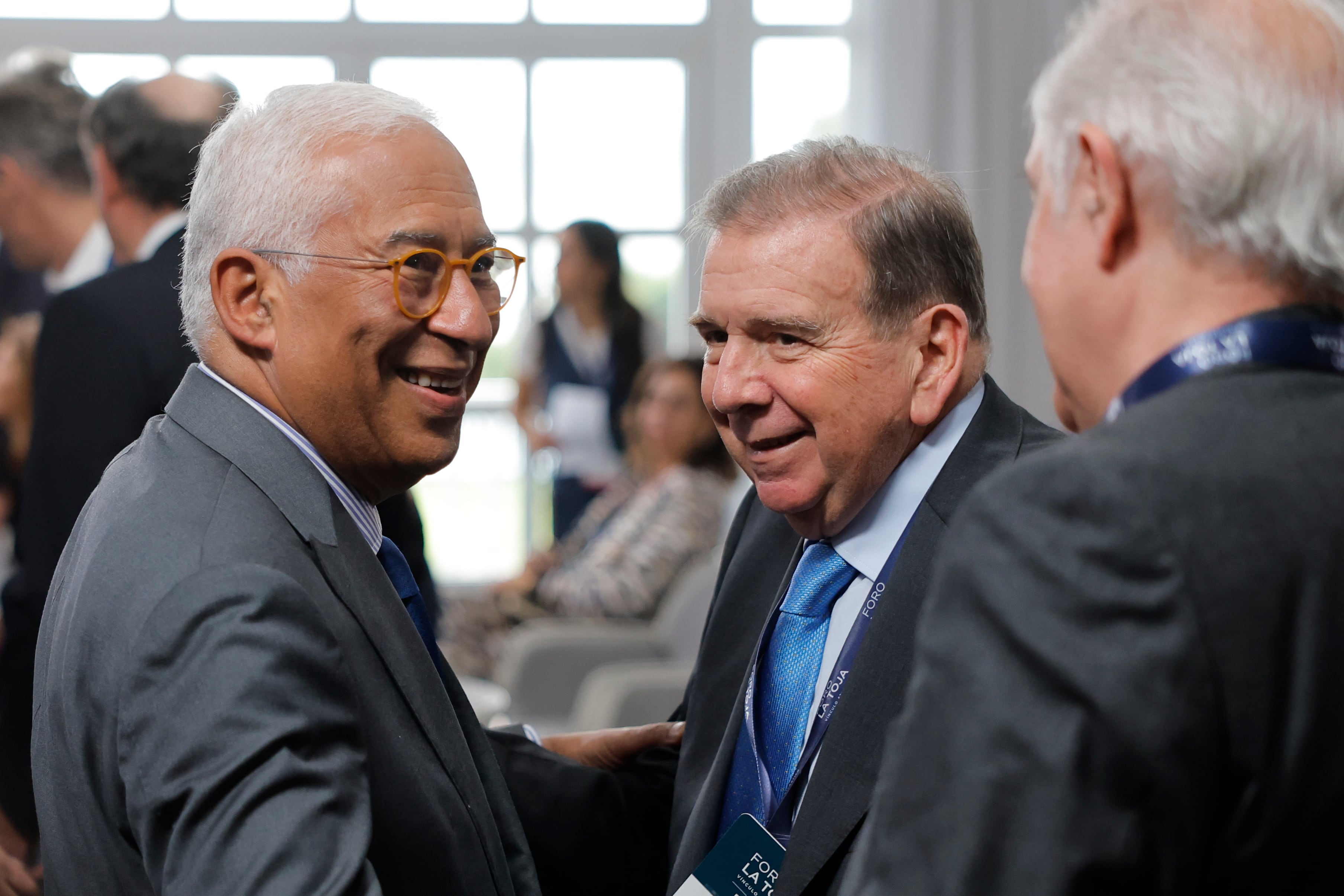A funny thing happened during the rollout of a weighty ballot measure that would radically change the governance of Los Angeles County: cities began to chime in.
At first glance, this seems counterintuitive. Why should the 88 cities in the county care one iota about Measure G, which would expand the number of seats on the county Board of Supervisors; make changes to the inner workings of county government by tightening up ethics policies and requiring longer periods for airing department budgets.
For the 1 million unincorporated residents and their communities, the measure is directly applicable. The supervisors are essentially their mayors and city council members. They determine everything from parking restrictions to street sweeping, and more recently rules for short-term housing rentals, to name a few.
However, municipalities have their own city charters and thus their own elected city councils that adopt their own city ordinances. Hence, they are mostly unaffected by county ordinances.
But the ties that bind cities with the county show up as other entanglements.
City-county connections
Many cities rely heavily on county services, including 42 cities that contract with the Los Angeles County Sheriff’s Department for law enforcement. Cities must negotiate the cost for these services, but the Board of Supervisors holds the purse strings.
The “contracting out” goes beyond the Sheriff’s Department for cities without their own police and often includes services from the Los Angeles County Fire Department. Dozens of smaller cities also contract with the county Public Works Department and Department of Animal Care and Control.
Even non-contract cities are dependent on the county for public health services. The county has a combination of 27 hospitals and public clinics. During the COVID-19 pandemic, the county’s Department of Public Health set policies for quarantine orders and established clinics for free vaccines.
For help with the homeless problem, cities often rely on several county departments for clearing encampments, providing vouchers and master leases at motels or other residential buildings for interim and permanent housing for the unhoused.
While cities have their own parks, many city residents visit the 181 parks and more than 30 public swimming pools run by the county Parks and Recreation Department.
In short, dependence on these and other county services creates behind the scenes ties, which are becoming a thorny issue. For example, more state dollars for larger, countywide issues such as homelessness and mental health services are not at the cities’ fingertips. Instead, the money begins with the counties.
“A lot of programming and grant funding from the state or federal government is going through the counties,” said Jennifer Perez, Norwalk City Council member and president of the California Contract Cities Association (CCCA) on Wednesday, Oct. 2. “By having a better relationship and a stronger connection with our county supervisor, it will build a better relationship between cities and the county.”
The Contract Cities Association endorsed Measure G on Sept. 27, giving the ballot initiative a boost. The association represents 80 cities and of those 75 are in Los Angeles County, with a few from the Inland Empire, said Marcel Rodarte, executive director of the CCCA.
Adding supervisors, elected CEO
The measure would make the following changes to county government:
• Increase the number of county supervisors on the board from five to nine.
• The county CEO, now appointed by the board, would be elected.
• Creates other positions needed to facilitate budgeting and ethics reform: an ethics compliance officer, a director of budget and management, and a county legislative analyst.
• Department heads would present each of their budgets for public review, as opposed to just a single review of the entire budget. The county’s budget is about $46 billion.
• Requires all items of business be posted on the agenda at least five days before a regular meeting — an extension of the current time frame.
Third District LA County Supervisor Lindsey Horvath, who represents the San Fernando Valley and the western county, spoke about a new initiative to reform county government at a press event on Wednesday, July 3, 2024 in downtown Los Angeles. (photo by Steve Scauzillo/SCNG).
The supervisors placed the initiative on the ballot by their own vote, saving a private group the trouble and cost of acquiring signatures. The vote was 3-2. Supervisors Lindsey Horvath, Janice Hahn and Hilda Solis voted in favor, while Supervisors Holly Mitchell and Kathryn Barger were opposed.
Currently, each supervisor represents about 2 million people, more than most Congressional districts. If there were nine supervisors, each would represent a little more than 1 million people. The smaller districts with less constituents would mean cities could receive more attention from their supervisor, Rodarte said.
“Measure G will ensure we have a stronger voice in the policies that directly impact public safety, infrastructure, and essential services,” he said. “This reform strengthens our ability to advocate for our cities and better serve our communities.”
Monterey Park Mayor Thomas Wong, who supports the county reform Measure G, seen here speaking at Monterey Park City Hall on Tuesday, January 31, 2023 about the Monterey Park mass shooting. (Photo by Sarah Reingewirtz, Los Angeles Daily News/SCNG)
“Five elected supervisors for a county of 10 million people just doesn’t make sense,” said Monterey Park Mayor Thomas Wong, a supporter of the measure. “Just starting from there, board expansion is a no-brainer.”
Should the measure receive a majority of votes by Nov. 5, one of the biggest changes is the elected county executive officer. That person would have more executive power to negotiate contracts with cities. And the new position would have authority over department heads.
The addition of a stronger CEO that is accountable to the people, not just the supervisors, would strengthen the hand of cities on negotiating contracts and on motions they oppose, Rodarte said.
“Now we have to work through the supervisors’ offices. An elected CEO is one person. It would be sort of a one-stop shop,” he said.
Recently, cities became concerned with the rising cost of animal care and control. He believes going to an elected CEO will give the cities or the association a more direct voice that can result in a quicker resolution.
Duarte City Council member Margaret Finlay is opposed to Measure G, mostly because she believes an elected CEO will make the position too political. She said the chief executive should be hired by the board, like a city manager to a city council.
“The city manager reports to the council members. If the public doesn’t like what’s going on they can throw us out of office,” she said.
Cities having their say
One issue that brings mostly agreement is the longer periods for posting of agendas and board motions.
When Measure J was introduced, Rodarte said cities did not have enough time to react. The measure, passed by voters in 2020, allows for 10% of the county’s general fund to be invested in alternatives to incarceration.
“This gives more time to express those concerns,” he said.
Finally, many cities with a majority or high percentage of Asian American residents, want to see a person of Asian or Pacific Island heritage on the Board of Supervisors.
A Sept. 9 report from the San Gabriel Valley Council of Governments indicated if the measure should pass, the group wanted to see the process of redistricting for new supervisorial districts take into account “the region’s racial and ethnic demographics.”
Fernando Guerra, professor of political science at Loyola Marymount University and director of the Thomas and Dorothy Leavey Center for the Study of Los Angeles, has written the “yes on G” ballot argument. He argues that the changes will make for a more balanced, more transparent county government. And will lead to new representation coming from cities with high Asian American populations.
“At the end of the day, this is about inclusion,” Guerra said. “This will lead to the election of an Asian American to the Board of Supervisors and probably another Latino.”
Related Articles
Los Angeles County voters: your vote-by-mail ballot is on its way
Trump OK’d California wildfire aid in 2018 only after reviewing OC voter data, former official says
Conservative Christians were skeptical of mail-in ballots, now they’re gathering them in churches
Trump ‘resorted to crimes’ after losing 2020 election, newly unsealed court filing claims
Lower percent of eligible Southern California voters are registered now than in 2020. Get on it, people!
Related links
More LA County supervisors? Latest redistricting process prompts calls for change
LA County supervisors back a ballot measure to add 4 seats, elect a county CEO
Election 2024: Pros and cons of LA County governance reform, called Measure G
Supervisors add charter amendments to November ballot that could change how LA County is governed
Can an Asian district be created if Board of Supervisors is expanded?
























